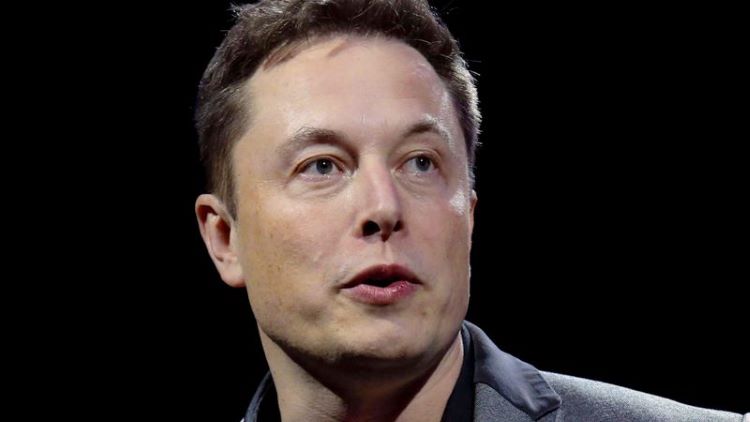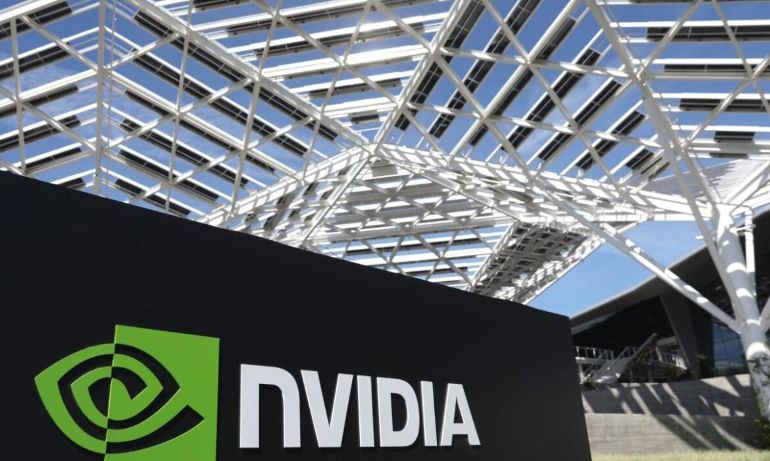Nandini Roy Choudhury, writer
Brief news
- Elon Musk is developing supercomputers for Tesla and his AI startup, xAI, emphasizing AI’s role in enhancing business operations and driver assistance features.
- Tesla’s Dojo supercomputer will process data from over five million vehicles to improve Autopilot and Full Self-Driving capabilities.
- Musk’s xAI aims to create competitive AI products, with a supercomputer in Memphis already operational for training its language model, Grok.
Detailed news
Elon Musk is engaged in the construction of new supercomputers. The tech titan, who serves as the CEO of Tesla and his newly established artificial intelligence startup, xAI, has ambitious plans for the potential of artificial intelligence to significantly enhance his businesses.
He stated on X in January that Tesla should be perceived as an AI/robotics company rather than a car company. This transformation is significantly influenced by Tesla’s custom-built supercomputer, Dojo. Tesla has declared its intention to allocate $500 million toward the construction of the supercomputer in Buffalo, New York. Additionally, Tesla is constructing an additional supercomputer cluster, Cortex, at its headquarters in Austin, Texas.
The vast quantities of video and data that Tesla vehicles capture will be utilized by Dojo to process and train AI models. The objective is to enhance Tesla’s array of driver assistance features, known as Autopilot, and its more robust Full Self-Driving (FSD) system. Automatic lane changes, automatic parking, and automatic halting for traffic lights and stop signs are all included in Tesla’s FSD feature subscriptions, which cost $99 per month.
“They have sold over five million vehicles.” Eight cameras are typically installed in each of these vehicles. Steven Dickens, chief technology counsel at the Futurum Group, explains, “And if you consider that those cars are driving an average of 10,000 miles per year, they are streaming all of that video back to Tesla.” “Consequently, what are they capable of accomplishing with that training set?” Clearly, they have the capacity to develop full self-driving capabilities, and they are gradually approaching that goal.
According to Tesla’s website, Autopilot and FSD do not render Tesla vehicles autonomous and necessitate active driver supervision, despite their respective names. In the past, Tesla has been subjected to scrutiny by regulators who contend that the company has misrepresented the capabilities of its Autopilot and FSD systems. However, reaching full autonomy is crucial for Tesla, as the company’s exorbitant valuation is largely contingent upon the successful introduction of robotaxis to the market, according to certain analysts.
In its most recent earnings report, the organization disclosed disappointing outcomes and has been surpassed by other manufacturers that are developing autonomous vehicle technology. These include Waymo, which is owned by Alphabet and is currently commercially operating fully autonomous vehicles in numerous U.S. cities, as well as GM’s Cruise and Amazon’s Zoox. Di and Baidu are competitors in China.
.Tesla anticipates that Dojo, which Musk asserts has been managing Tesla’s duties since 2023, will rectify this situation. An event featuring Tesla robotaxis that was originally scheduled for August is now anticipated to take place in early October.
The Dojo can also be beneficial for the training of Tesla’s humanoid robot, Optimus, which the company intends to implement in its factories beginning next year. Musk has declared that Tesla intends to allocate $10 billion toward artificial intelligence this year.
Musk is also placing a wager on the capabilities of supercomputers to operate his recently established AI company, xAI. Musk founded xAI in 2023 with the objective of creating AI products and complex language models, such as the automaton Grok, as a substitute for the AI tools developed by OpenAI, Microsoft, and Google.
Elon Musk, despite being one of its founders, departed OpenAI in 2018 and has since become one of the company’s most vehement detractors. xAI announced in June that it would construct a supercomputer in Memphis, Tennessee to train Grok. Musk disclosed in early September that a portion of the Memphis supercomputer, known as Colossus, was already operational.
Source : CNBC News



